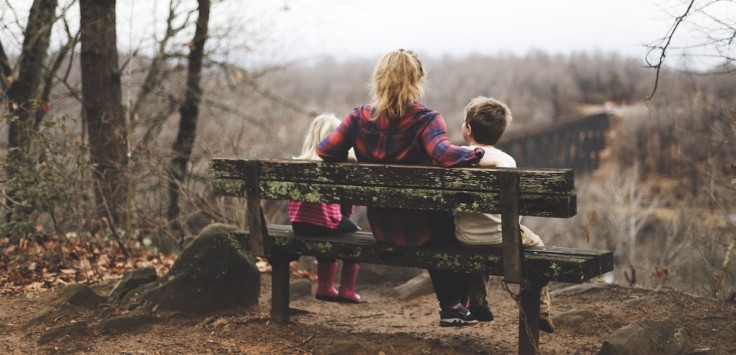
How do you respond when someone disciplines another child? What about if others discipline your child? And what do you do when you feel like you need to correct another child? Child discipline varies from parent to parent. Parents also get defensive when questioned over their child discipline choices. But when is it ever okay to discipline or correct a child not your own, and when should parents back up their children when other people correct or discipline them?
Child Discipline: A Matter of Safety
Every child's safety is a matter of concern, be that child be your own or not. We would want others to step in when our children is in imminent danger and we do not notice or are not there to save them. When our child is doing something that can hurt them or others-adults can intervene with the goal of keeping the children safe. But as to how such an intervention is made, has its own gray areas. In such case, What to Expect advises to ask yourself, "if you do not discipline the child (or intervene), will it harm that child or another child?"
Their House, Their Rules
During play dates and parties, children are expected to follow the rules of the homeowner. Think of it as your child visiting a museum or going to school. There are proper behaviors and consequences to misbehavior in these settings. The absence of rules on misbehavior will be at the parents' disadvantage when the misbehavior leads to someone getting hurt or being put in danger.
It is wise to brief your child on behaviors that are expected in a certain place. There are do's and don'ts that need to be respected. Others may not allow children to jump on couches, while it is okay for some. The family you visit might have carpets which stains are difficult to remove, so they do not allow eating or drinking where the carpets are. To avoid having others discipline your child, discipline them first and teach them to be well-mannered and well-behaved when it is due them.
Discipline Your Child: A Matter of Authority
When parents leave their child in someone else's care, they are in turn giving the caretaker authority over the child. However, there are limitations to such authority. So caution must be taken to prevent overstepping those boundaries. Ask yourself, "do you have permission from the parents to discipline their child?" Child discipline of someone left to your care goes back to ensuring the safety of everyone.
It is the method of discipline that requires boundaries. It is no longer a question of if others will correct your child, but when. Children are not 100 percent obedient at all times. Unruly behavior will be inevitable in various settings. But when others correct your child, it should never be in the form of physical punishment. The goal of discipline should be teaching in nature, Very Well Family advised. To avoid misconstrued discipline, talk to the caretaker beforehand how they might address situations when they come-and how they may not.
Situations Where Others May Discipline Your Child
Parents often err on the side of caution before attempting to discipline a child not their own. As a dad of two would put it, "the legal risks of disciplining another child far outweigh the response." It is best to first notify the child's parents and only in their absence or lack of action can another discipline their child, but again not without taking a risk. So below are times you might expect others to discipline your child:
- When the child engages in aggressive behavior such as punching, hitting, kicking, or biting. The child or another child could get hurt.
- When their action can cause harm on themselves or others. Such as throwing hard objects or playing in the street where cars can hit them.
- When they are causing damage on things and being destructive.
- When they do something dangerous like hurting an animal.
Again, the method of discipline can be very delicate. When disciplining another child, you can distract the behavior, tell them what could cause danger, explain the rules everyone needs to follow in a certain place, and whenever possible, always tell the parents first. If the parent is not there, inform the parent of what had happened. But be prepared with their defense. Again, safety first and never think you can put another child in time-out or physically slap their bottom or hurt them. Legal consequences may follow.